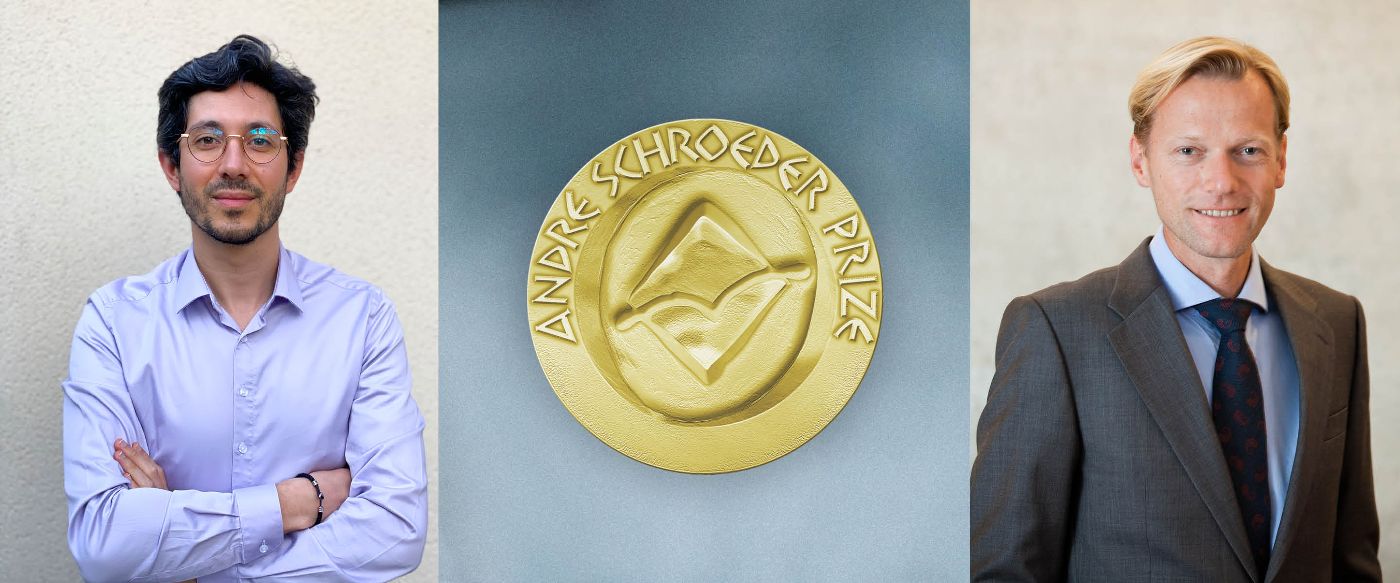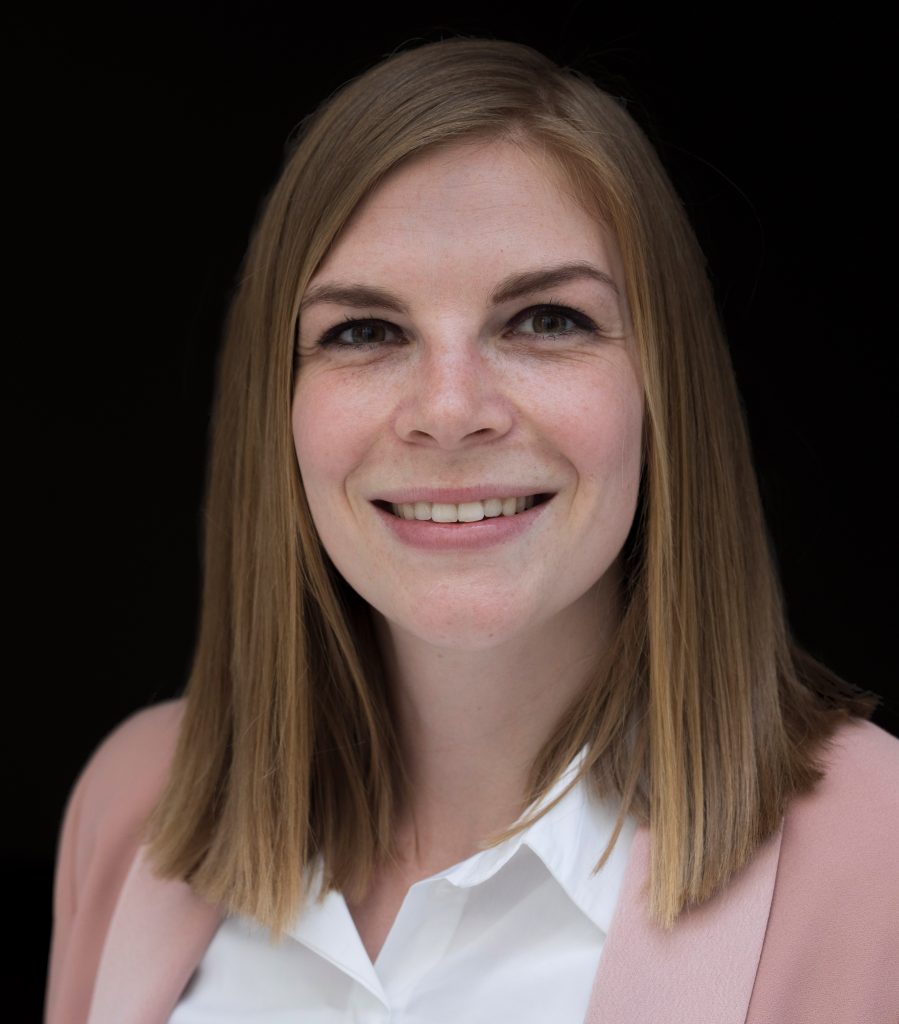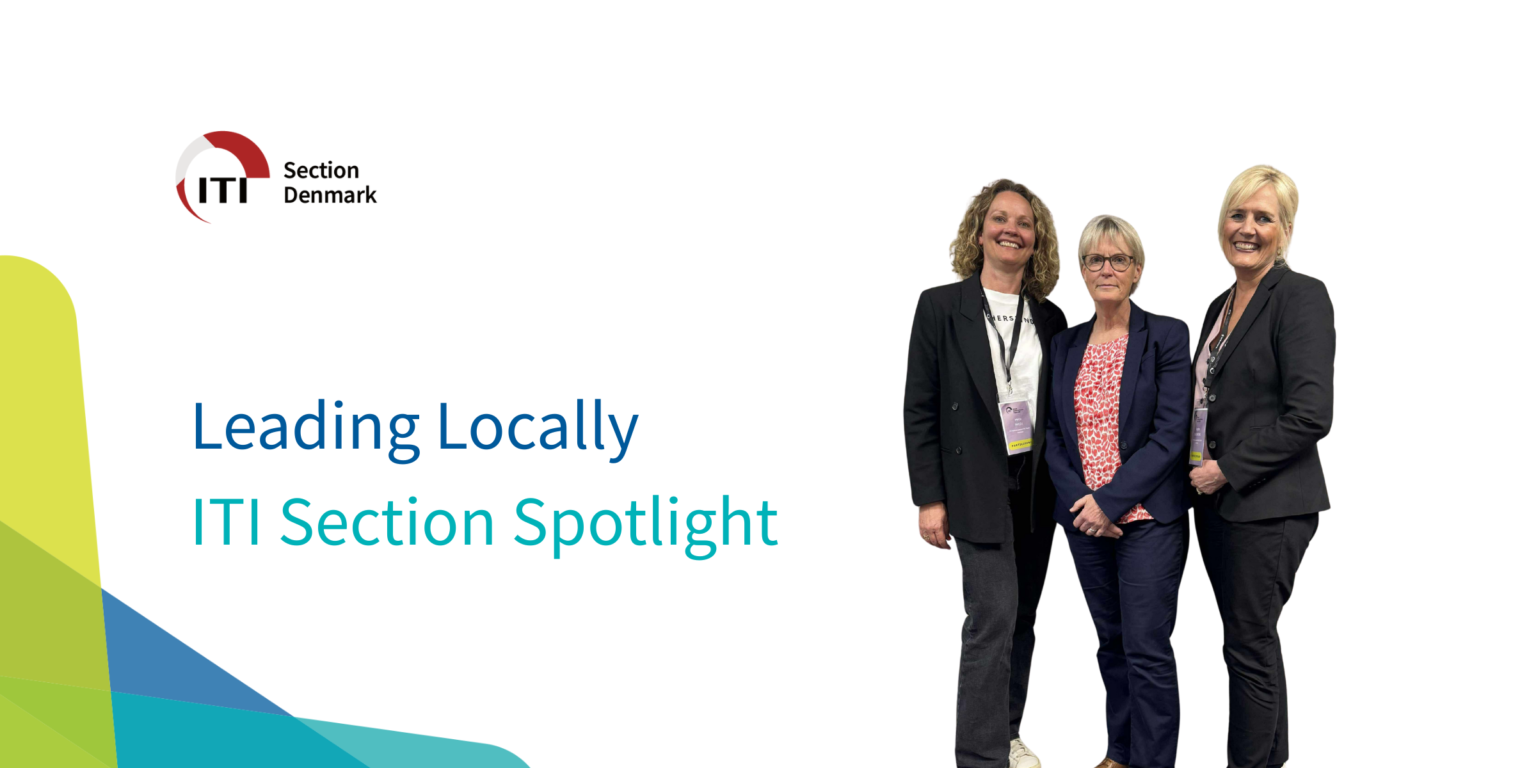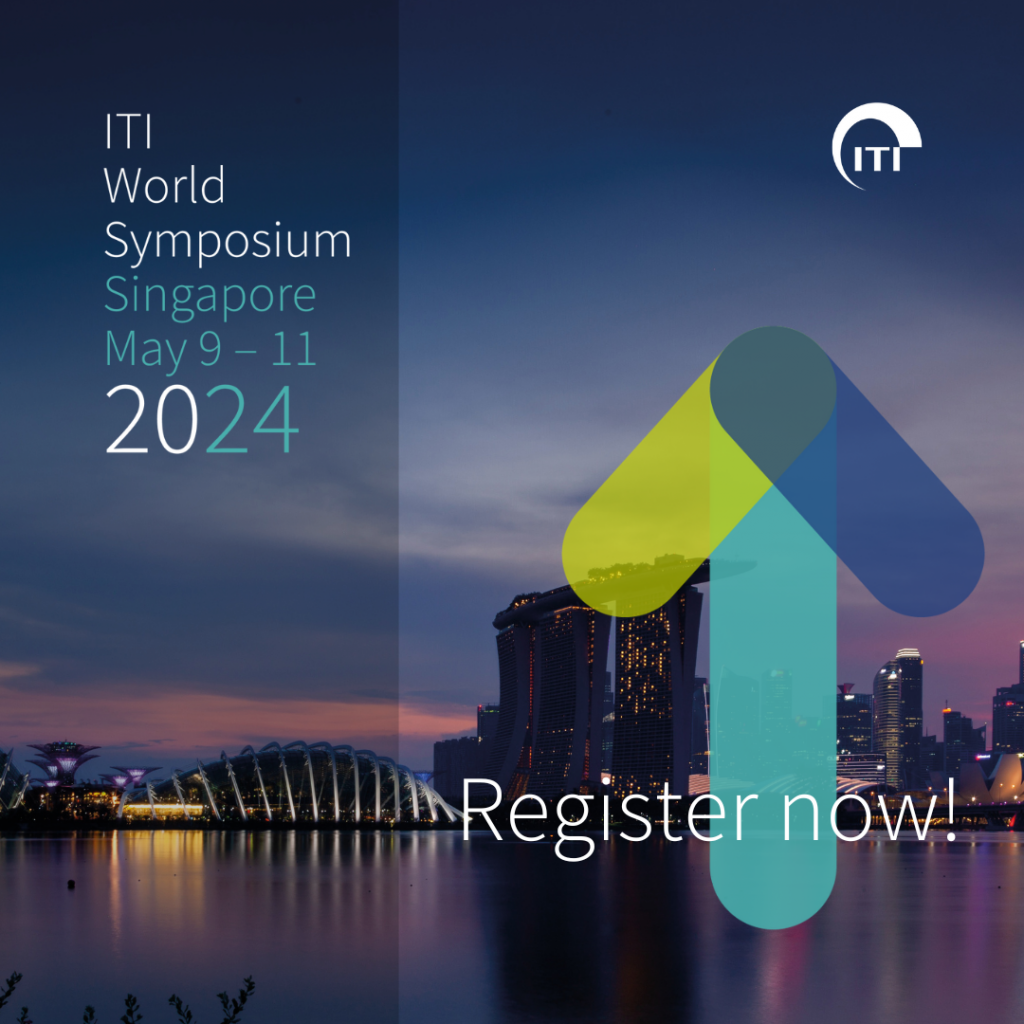We are happy to announce this year’s André Schroeder Research Prize winners: Benjamin Coyac from France and Michael Payer from Austria! Benjamin Coyac, DDS, PhD, and his co-authors received the André Schroeder Prize for Preclinical Research for their study entitled Bone formation around unstable implants is enhanced by a WNT protein therapeutic in a preclinical in vivo model, Assoc. Prof. DDr. Michael Payer and his team for their research on The effect of systemic antibiotics on clinical and patient reported outcome measures of oral implant therapy with simultaneous guided bone regeneration.
In this interview, both talk about their motivation to apply, the importance of organizations like the ITI for research and their reaction when they heard they had won the prize.
Congratulations to both of you on this great achievement! How did you react when you found out you had won the prize?
Benjamin: When I received the call from Basel, I was obviously thrilled! It was challenging not to share the news with anyone beyond the members of my team. Behind every research project, there are amazing people whose experience and dedication make it all possible. The study for which we received the award was my first postdoc study, so it brought back a lot of memories from my first few months at Stanford when I was getting acclimated and met all my colleagues who would later become close friends. We felt really honored that the jury recognized the value of our work.
Michael: When we received the great news about the prize, everyone was of course super happy about this prestigious recognition. Especially as the topic of systemic antibiotics and their side effects within implant dentistry and beyond are of utmost clinical relevance! Therefore, once more a big thank you on behalf of our study group for the trust and the support of the ITI for our research!
How did you come across the André Schroeder Research Prize and what made you apply?
Benjamin: After being invited to present my latest results at the ITI national congress in Antibes, France, in 2019, the Communications Officer of the ITI Section France encouraged me to apply for the André Schroeder Prize once my manuscript had been accepted for publication. Besides this practical aspect, I was motivated to apply after I read the list of previous recipients, who are talented dentists and inspiring role models. I was also very pleased with the application guidelines; their simplicity and emphasis on blind selection reflects the integrity that is sometimes lacking in other awarding organizations.
Michael: We came across the André Schroeder Research Prize as it had been announced at many ITI events. In addition to that, I actually promoted the prize among young researchers within our study group at the dental school in Graz and during many ITI Study Club meetings. Regarding our study it was actually Prof. Nikos Mattheos from Bangkok, one of our co-authors, who had the idea of submitting our publication. Thanks go to him for encouraging us – it was definitely worth it!
What significance do organizations like the ITI have for research in this field?
Benjamin: Since dental implants are elective surgical procedures, the level of priority for any state-sponsored public funding organization to support implant research is relatively low. Hence, non-governmental organizations like the ITI are of utmost importance, enabling quality research that is truly focused on implant dentistry. Valuable feedback from the huge network of educated clinicians at the ITI also helps in identifying relevant areas for new clinically-relevant investigations. Likewise, once ground-breaking innovations have been developed, the ITI is crucial to spreading the news throughout the appropriate audience. The main strength of the ITI for research is its all-encompassing vision, from selecting the most relevant projects to funding them and disseminating their results.
Michael: I think within implant dentistry, the ITI has become an extremely relevant funding organization for preclinical and clinical research. Our study, too, was supported with an ITI grant.
How do you personally see the value of the ITI? (e.g. in terms of implant dentistry in general, continuing education, networking and treatment recommendations)
Benjamin: While implant dentistry is a very specific, industry-driven field of study, within the academic arena, it is shared between periodontics, oral surgery and prosthodontics. Squabbles can arise from this situation and impact the transmission of knowledge. In this context, I feel that the ITI provides much needed clarity and unity. Its comprehensive Treatment Guides, for example, are incredibly valuable for sharing practical knowledge from different perspectives.
Michael: The ITI has become an impressive and very dynamic global network of continuous exchange within the family of implant dentistry. It offers a huge variety of educational activities and platforms for clinicians and researchers at every level. This makes it worth joining the ITI, learning and benefiting from it.
Have you published your research? Then reap the fruits of your success and apply for the 2022 André Schroeder Research Prize. Get more information






